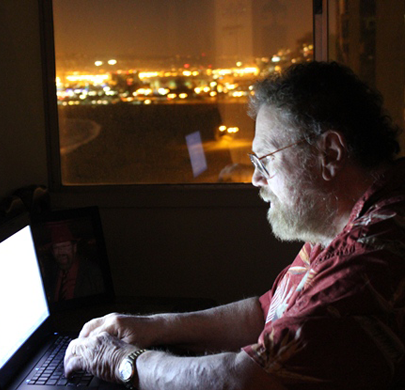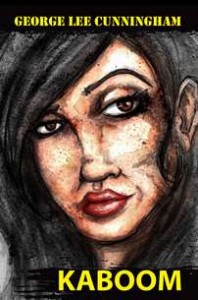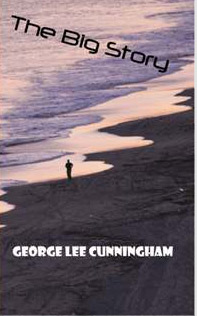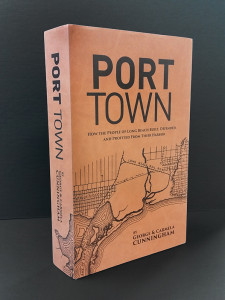FEATURED POSTS
-
March 14, 2017
When Language Goes Bad, We All Lose
I don’t mean to be an old grump, but I have made my living for many years as a salesman of words so I think language is important. Language is more than how we communicate. It’s also how we think. We think in language, and if we don’t have proper language skills, our thinking is impaired.

THE AGE OF COLLABORATION
I strongly believe this, but at the same time I know that part of my distress is merely that language keeps changing and I don’t like it.
Gay used to mean happy. There was a time that you could be gay, and still be attracted to girls. Now, not so much.
Gender used to be a grammar term. Words – especially in foreign languages – had gender. People, on the other hand, were distinguished by their sex – male or female.
Discrimination used to be a good word. A man of discriminating taste meant one who appreciated the finer things in life, one who recognized the difference between something of greater and lesser quality.
Collaboration was something cowardly and selfish people did with the enemy. They were collaborators, which meant they befriended and worked with the other side.
Today, collaboration is something we’re all encouraged to do. We sit around in endless meetings collaborating with each other and watering down any new idea that comes along until it becomes mush and is finally acceptable to everybody.
In fact the words have not really changed. It’s how people perceive the words that has changed.
I can still be gay, meaning feeling happy and carefree, and still like girls. But now the meaning of the word has become confused. I have also meet and been friends with queer people, meaning they were a little quirky, no matter what their sexual preference might have been.
Being a cranky dinosaur I will sometimes scratch out gender on written forms and substitute the word sex before putting down male. I do make a distinction – meaning I discriminate – between people I like and admire and people that I don’t. Sometimes those people are Caucasians and sometimes they are not.
I even collaborate, although I admit that I am not very good at it. Even with people I admire and like, my lack of enthusiasm sometimes comes across as a bit stand-offish and disagreeable.
I’m OK with that.
– George Lee Cunningham






